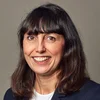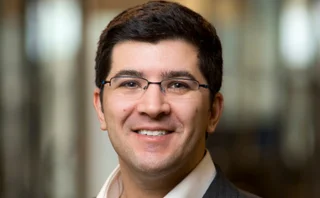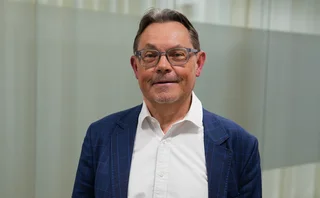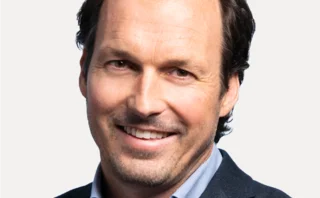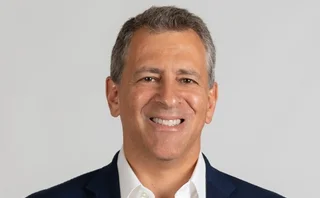
Commodities broker of the year: Arraco Global Markets
Energy Risk Awards 2020: growing brokerage breaks into LNG and sets sights on Japanese power
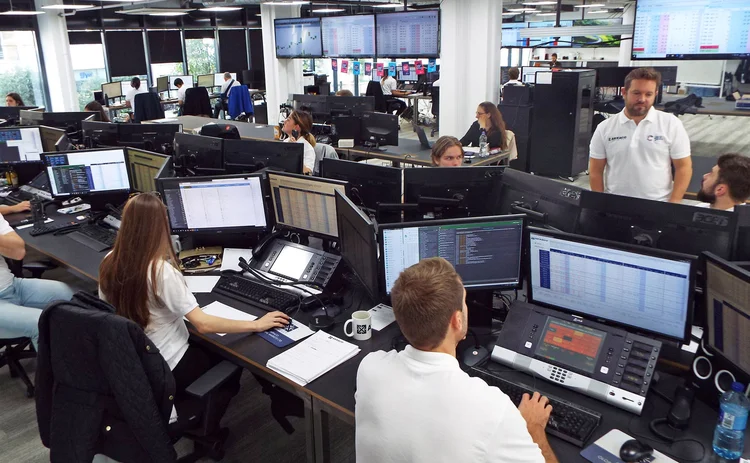
Over the past six months, London-based commodities brokerage Arraco Global Markets has added multiple new markets to its core European power market coverage and increased revenues more than fourfold over the year to February 2020.
The firm cut its teeth in the illiquid European power markets four years ago, an experience that has proved invaluable for dealing with this year’s extreme oil price volatility, says the firm’s chief executive officer Tom Roberts.
“In April, the move to negative oil prices took the world by shock, but coming from a power market background, negative prices are relatively common [due to] occasional drastic oversupply in short-term products,” he notes.
Despite the Covid-19 pandemic constraining demand for energy and forcing remote working at many organisations, Roberts says Arraco has continued to function as normal, with ongoing demand from clients in European power markets and beyond. In fact, Roberts says front-month trading in power and gas has increased since the lockdown started across Europe, although the mass move to remote working has affected communication and information flow in the market. During this time, he has seen de-risking but also flurries of activity when prices hit certain levels. “Traders can end up being more aggressive or reactionary than they perhaps would have been in normal circumstances, making the market more distorted on price,” Roberts says. He anticipates further volatility over the next six months, particularly in cross-border European power trading as countries begin to relax lockdown restrictions at different rates.
The firm’s expansion plans remain as ambitious as before, Roberts says. The latest addition to its offering is a liquefied natural gas (LNG) desk, which started brokering exchange-cleared contracts based on the increasingly popular Japan Korea Marker (JKM) index in February of this year.
“Once we had the core European power markets covered, we knew additional markets would make a big difference to our business, particularly in terms of spreading out the seasonality,” he says. “Since launch we have added a liquefied petroleum gas (LPG) desk, as well as LNG and a certificates desk.” The latter covers power-purchase agreements and guarantees of origin in the environmental space, of which Arraco has closed six so far this year, up from one in 2019.
We want to build high-impact desks that will generate revenue and also allow us to invest in future desks
Tom Roberts
“Our next step is to look into freight derivatives and physical shipping of both dry and wet [cargoes],” he continues. “We want to build high-impact desks that will generate revenue and also allow us to invest in future desks such as hydrogen fuel, which will be a big market in five years’ time. In order to be around for that though, we need to focus on the liquid markets now.”
To fuel these plans, Arraco aims to increase headcount from 41 to 70 by the end of the year, with a corresponding floorspace expansion at its Wandsworth, London, offices, according to Roberts. It aims to stick to its current roughly 50:50 male to female employee ratio and to continue adding team members with language skills – a key component of its offering. Team members currently speak a total of 12 different languages. “We try to match clients up with a relevant language speaker because communication is so key,” Roberts says. “That’s the first barrier knocked down if the client is comfortable communicating with us, so we want to facilitate that.”
In fact, two of Arraco’s latest hires are Japanese speakers and will cover the nascent Japan power market. However, while Arraco is preparing to transact in this space, Roberts is not optimistic that trading will take off quickly.
“In my opinion, the Japanese power market will take time to develop,” he says. “It will take a lot of education about how the risk works, especially because Japanese traders are very risk-averse.” Speaking from his experience of helping to develop illiquid power markets in southern and eastern Europe, Roberts believes the best way to develop the market would be to start with day-ahead contracts. “And’ when traders get comfortable, they can then put on some risk for the week and then the month,” he explains.
Arraco carries out extensive training for new hires. “We have spent a lot of time and resources on building our own internal training platform. It’s an online tutorial with a mock broking desk,” Roberts says. New brokers spend a month training before joining the desk, and Roberts says staff retention rates are high because there are better opportunities to work with clients than at other brokerages with more established teams.
Only users who have a paid subscription or are part of a corporate subscription are able to print or copy content.
To access these options, along with all other subscription benefits, please contact info@risk.net or view our subscription options here: http://subscriptions.risk.net/subscribe
You are currently unable to print this content. Please contact info@risk.net to find out more.
You are currently unable to copy this content. Please contact info@risk.net to find out more.
Copyright Infopro Digital Limited. All rights reserved.
As outlined in our terms and conditions, https://www.infopro-digital.com/terms-and-conditions/subscriptions/ (point 2.4), printing is limited to a single copy.
If you would like to purchase additional rights please email info@risk.net
Copyright Infopro Digital Limited. All rights reserved.
You may share this content using our article tools. As outlined in our terms and conditions, https://www.infopro-digital.com/terms-and-conditions/subscriptions/ (clause 2.4), an Authorised User may only make one copy of the materials for their own personal use. You must also comply with the restrictions in clause 2.5.
If you would like to purchase additional rights please email info@risk.net
More on Commodities
Energy Risk Asia Awards 2025: The winners
Winning firms showcase the value of prudent risk management amid challenging market conditions
Data and analytics firm of the year: LSEG Data & Analytics
Energy Risk Awards 2025: Firm’s vast datasets and unique analytics deliver actionable insights into energy transition trends
OTC trading platform of the year: AEGIS Markets
Energy Risk Awards 2025: Hedging platform enhances offering to support traders and dealers in unpredictable times
Electricity house of the year: Natixis CIB
Energy Risk Awards 2025: Bank launches raft of innovative deals across entire electricity supply chain
Voluntary carbon markets house of the year: SCB Environmental Markets
Energy Risk Awards 2025: Environmental specialist amplifies its commitment to the VCM
Sustainable fuels house of the year: Anew Climate
Energy Risk awards 2025: Environmental firm guides clients through regulatory flux
Weather house of the year: Parameter Climate
Energy Risk Awards 2025: Advisory firm takes unique approach to scale weather derivatives markets
Hedging advisory firm of the year: AEGIS Hedging
Energy Risk Awards 2025: Advisory firm’s advanced tech offers clients enhanced clarity in volatile times
